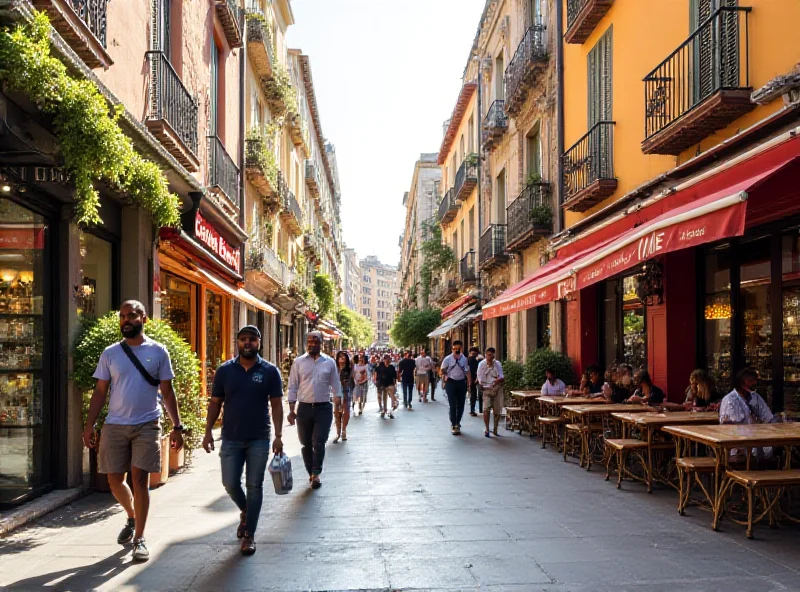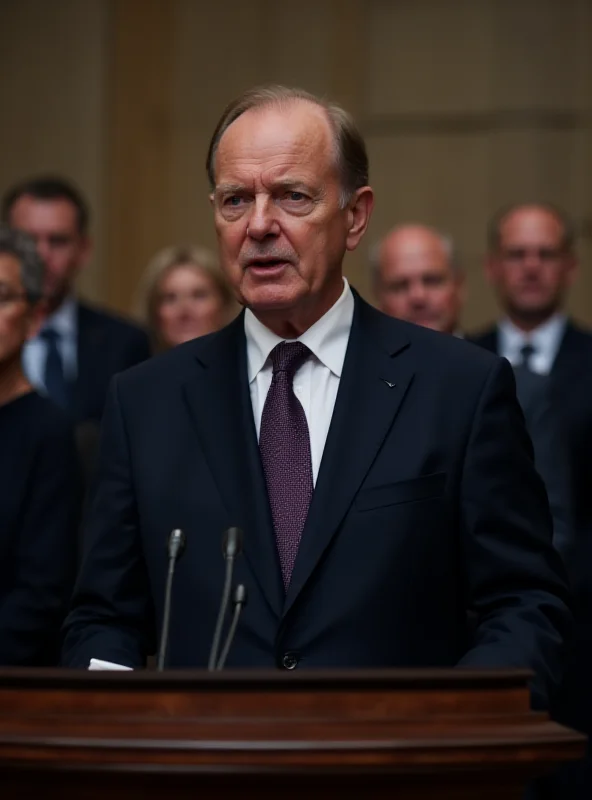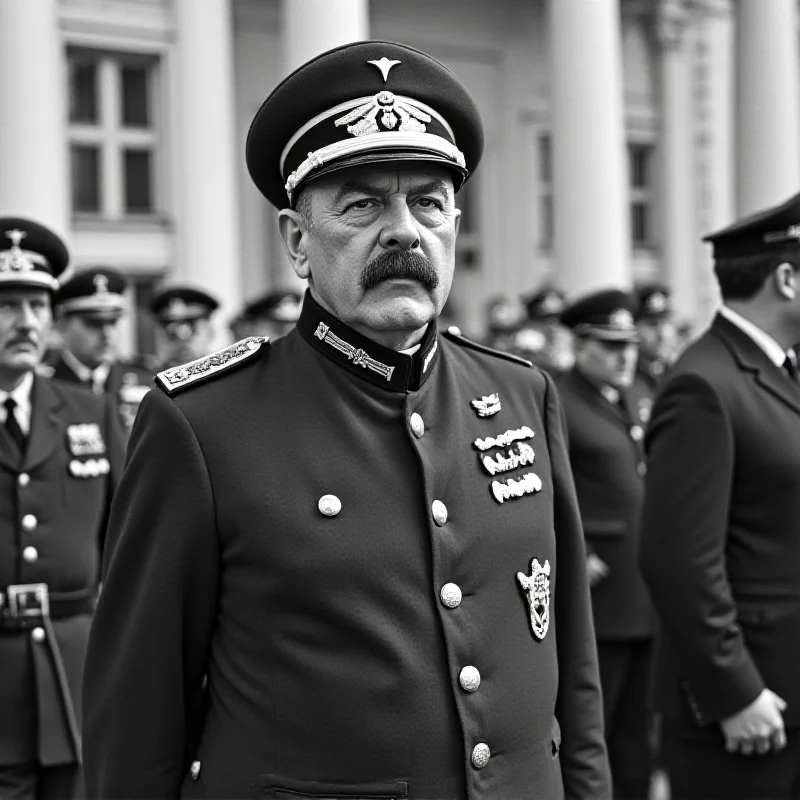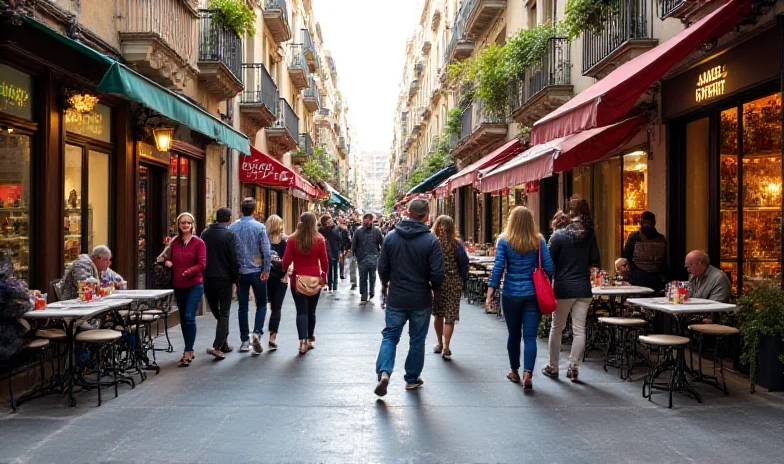Europe's political landscape is a complex tapestry of contrasting trends. While some countries embrace progressive policies and witness economic growth, others grapple with the rise of the far-right and persistent social inequalities. This article delves into the diverging paths of Spain and Germany, highlighting the key issues shaping their respective political landscapes.
Spain: A Beacon of Progress?
Amidst a continent grappling with anxieties over immigration and economic stagnation, Spain stands out as a unique success story. Under the leadership of Pedro Sánchez’s Socialist-led coalition government, the country has achieved remarkable economic growth by welcoming immigration and boosting public spending. Last year, Spain recorded the highest growth of any major country, at 3.2%. This was achieved under a Socialist-led coalition government that has welcomed high levels of immigration as a driver of economic prosperity, and which from this year plans to offer residency and work permits to up to 900,000 undocumented migrants. In 2024, over 400,000 vacancies were filled by migrants and dual nationals, as overall unemployment figures fell to their lowest level since the 2008 crash.
This progressive approach contrasts sharply with the broader European trend, where centre-left parties are losing power and the far-right is gaining influence. Spain's success offers a glimmer of hope for those seeking alternative solutions to the challenges facing the continent.

Germany: Navigating the Rise of the Far-Right
In contrast to Spain's progressive strides, Germany faces its own set of political challenges, particularly the resurgence of the far-right. The Alternative für Deutschland (AfD) has seen a surge in support, prompting concerns about the direction of the country. Following a strong performance in the recent German general election, the AfD has even readmitted two politicians who were previously sidelined for making controversial remarks relating to Nazi history.
The AfD deputy leader, Beatrix von Storch, defended her party in a recent interview, stating, "They call us Nazis, but we have 10 million votes." This statement underscores the significant support the party commands, despite facing accusations of extremism.
Gender Equality and Leadership
Beyond the rise of the far-right, Germany is also grappling with questions of gender equality in leadership. A viral social media image of Friedrich Merz’s all-male transition team sparked renewed debate on this issue. “Not great optics” was among the more generous of the thousands of comments on the post by Merz’s Bavarian ally Markus Söder, which seemed to hark back to another time. The photo rekindled the idea that the prospective new chancellor has a women problem.

Furthermore, Merz is already positioning himself as a potential leader, engaging in diplomatic meetings with figures like Macron and emphasizing the need for increased defense spending. The urgency surrounding these issues highlights the challenges facing Germany as it navigates a complex political landscape.
Salò's Symbolic Gesture
In a symbolic move, the Italian town of Salò has revoked the honorary citizenship awarded to fascist dictator Benito Mussolini in 1924. This decision, spearheaded by the town's 28-year-old mayor, reflects a growing awareness of the need to confront historical injustices and distance oneself from ideologies of hate and oppression.

Europe's political landscape is a constantly evolving mosaic of diverse perspectives and challenges. From Spain's progressive policies to Germany's struggle with the far-right and gender inequality, the continent faces a complex set of issues that demand thoughtful and innovative solutions.
